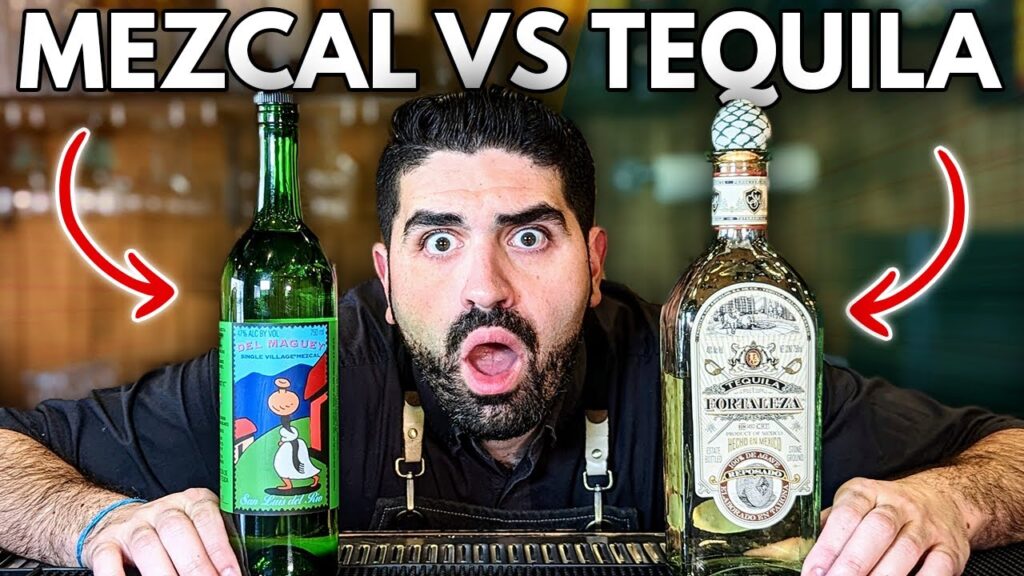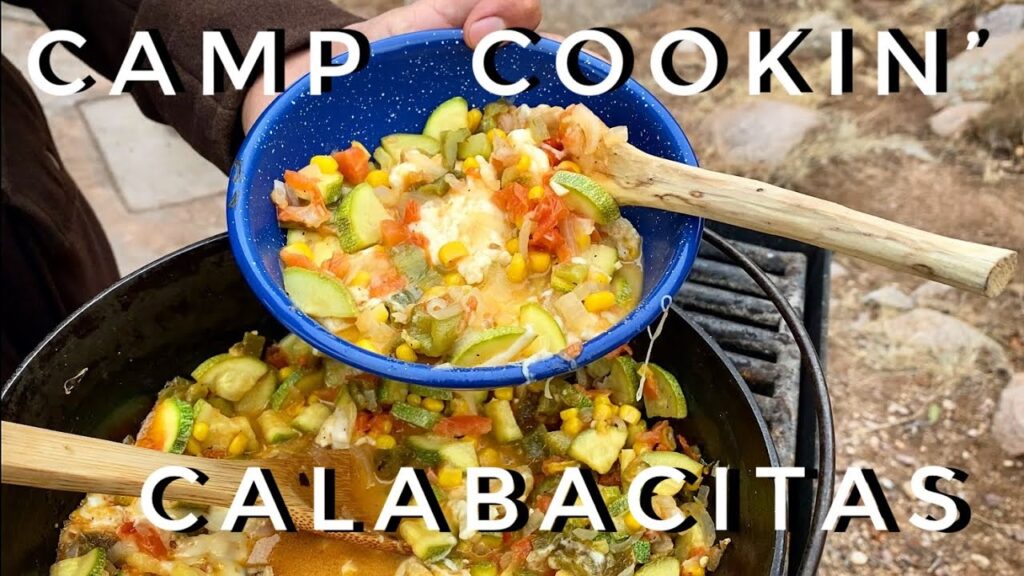The Rich Heritage of Montelobos Mezcal
Montelobos Mezcal is an emblematic spirit of Mexico, a masterpiece derived from a harmonious blend of ancient traditions and innovative distillation techniques. Reflecting the soul of the Mexican terroir, Montelobos Mezcal is meticulously crafted using centuries-old methods passed down through generations. At its core, the production of Montelobos Mezcal is a heartfelt tribute to the rich cultural heritage and the artisanal skills of Mexico’s mezcaleros.
Central to Montelobos Mezcal’s identity is the use of the finest Agave espadín. These plants are nurtured in the rich soils of Oaxaca, where they mature for seven to eight years before harvest. It is during these growth years that the agave absorbs the unique characteristics of the land, resulting in a mezcal with a complex flavor profile that tells the story of its origin with each sip.
The roasting process of Montelobos Mezcal is steeped in tradition; the mature agave piñas are slow-roasted in earthen pits lined with hot stones. This ancient technique imparts a subtle smokiness, defining the mezcal’s robust and distinct flavor. The earthen roasting pits themselves, a symbol of mezcal production, demonstrate respect for age-old practices and the significance of the earth’s natural elements in crafting the final product.
Following roasting, Montelobos Mezcal undergoes a meticulous fermentation stage. The roasted agaves are crushed and combined with pure spring water, allowing the natural yeasts in the environment to initiate fermentation. This step captures the essence of the surrounding flora and fauna, ensuring each batch of Montelobos Mezcal embodies the biodiversity of its surroundings and contributing to its wonderfully unique taste.
Distillation is where Montelobos Mezcal truly comes to life. Using copper pot stills, the distilled spirit is refined to achieve a perfect balance between its bold flavors and silky texture. The master mezcalero closely monitors every detail of this process, honoring the art and craft that turns raw agave into the smooth and delectable spirit that is Montelobos Mezcal. Its elaborate production process is not simply about creating a spirit but celebrating the rich cultural heritage of Mexico, ensuring that with every bottle, the time-honored legacy continues.
The Artisanal Process Behind Montelobos Mezcal
Mezcal has long been cherished as a symbol of Mexican heritage and the spirit’s intricate flavors are a tribute to its artisanal production process. At the heart of Montelobos Mezcal is an unwavering devotion to traditional distillation methods that have been passed down for generations. This journey begins with the careful selection of the finest agave plants, harvested only when they’ve reached perfect maturity. Each agave is selected with precision, ensuring the rich, earthy flavors are present from the very start.
The next step is the cooking process, where the harvested agave hearts, known as «piñas,» are slow-roasted in earthen pits. It’s this ancient technique that imparts a deep, smoky character to Montelobos Mezcal. The piñas are covered with local stones and wood before being set ablaze. This crucial process can last anywhere from three to five days and is meticulously monitored to achieve the desired flavor profile that is both complex and unmistakably smoky.
After the roasting comes the milling, where the cooked agave is crushed to extract its sweet juices. In Montelobos Mezcal’s process, a traditional stone wheel called a «tahona» is employed, pulled in circles by horse or mule. This age-old method of extraction is not only labor-intensive but also ensures a slower fermentation process that enhances the mezcal’s robust flavor. The resulting agave mash is then ready for the next pivotal stage of production.
Fermentation is where the true magic of mezcal production occurs. Montelobos Mezcal relies on open-air fermentation, allowing wild yeasts to interact with the mash. This natural approach to fermentation can take up to two weeks, during which the environment itself plays a role in shaping the spirit’s final taste. This patient process is intrinsic to the unique, nuanced profiles found in each bottle of Montelobos Mezcal, providing a link to the land from which it was born.
Finally, the fermented agave mash proceeds to distillation. Copper stills are used in Montelobos’ distillation process, a testament to tradition and quality. The distillers at Montelobos carefully manage this stage, capturing the heart of the distillate and discarding the ‘heads’ and ‘tails’ to ensure only the purest essence of the mezcal is bottled. The double-distillation technique perfects the balance between the raw flavors of the agave and the smoky notes acquired during the cooking process, resulting in a truly artisanal and premium Montelobos Mezcal.
Innovative Approaches to Sustaining Mezcal Traditions
Mezcal, the iconic spirit of Mexico, has been deeply entrenched in the fabric of Oaxacan culture for centuries. As global demand for this agave-based liquor surges, preserving the authenticity and traditional methods of mezcal production has become a passionate pursuit for many local producers. Among the most noteworthy initiatives is the adoption of sustainable farming techniques that ensure the preservation of agave species. Farming practices that encourage biodiversity prevent the depletion of natural resources and support the long-term health of the agave-growing regions.
Fostering community-based tourism is another strategic approach that has been utilized to sustain mezcal traditions. By opening their doors to visitors, small-scale mezcal producers provide an experiential insight into the ancestral methods of mezcal making. This not only educates the consumer but also creates economic opportunities that benefit the local communities directly. Tourists can witness first-hand the meticulous process, from the harvesting of the agave to the final distillation, fostering a deeper appreciation and demand for traditionally crafted mezcal.
In the technological realm, innovators have been collaborating with mezcal masters to introduce advanced tools to monitor and optimize production without compromising the spirit’s heritage. This includes database management systems that track the lineage of each agave plant, ensuring transparency and authenticity at every stage of the mezcal-making process. Such efforts also aid in protecting the integrity of the mezcal denomination of origin, a crucial factor in maintaining the value and prestige of the beverage.
Moreover, educational campaigns play a pivotal role in cultivating an informed consumer base that values traditional mezcal production. These campaigns aim to highlight the cultural significance and intricate craftsmanship behind each bottle of mezcal. By imparting knowledge on differences between artisanal mezcal and industrially produced alternatives, consumers become empowered to make choices that support the sustainability of mezcal traditions. Producers and advocacy groups alike are betting on an informed public to drive a market that respects and upholds the ancient practices of mezcal production.
Exploring the Unique Flavors of Montelobos Mezcal
Montelobos Mezcal is a fascinating spirit that embodies the richness of the Mexican terroir and the artisanal heritage that goes into its production. Often overshadowed by its cousin, tequila, mezcal offers a complexity and depth of flavor that is unparalleled. Montelobos, particularly, stands out for its meticulous crafting process, which begins with the careful selection of the agave plants. The espadín agave, cultivated with sustainable practices in the rolling hills of Oaxaca, forms the soul of this distinctive spirit.
The production of Montelobos Mezcal adheres to traditional methods, honoring generations of mezcaleros. The agave hearts, or piñas, are roasted in conical earth pits, lending smokiness to the spirit—an aromatic fingerprint that mezcal aficionados deeply cherish. This roasting process is followed by natural fermentation and careful distillation, which further amplify the unique flavors present in each batch. Montelobos manages to capture the very essence of the smoke, juxtaposed with the sweetness and herbal notes of the agave.
Montelobos Mezcal offers a sensory journey with each sip. On the palate, it unfolds into layers of flavor, from an initial smoky impression to the burst of citrus, green peppers, and the subtle mineral touch that evokes its native soil. Such complexity makes Montelobos an excellent sipping mezcal and a versatile component in various cocktails. As the craft cocktail movement continues to grow, mixologists are increasingly drawn to the robust profile of Montelobos, experimenting with it to elevate classic concoctions and create innovative new drinks.



